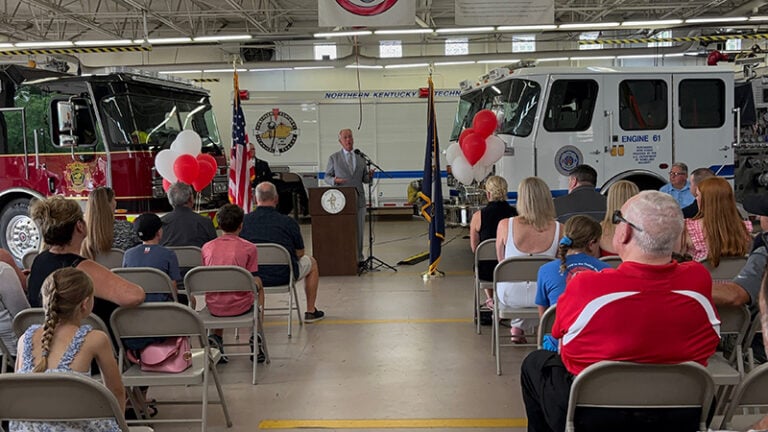The Rural Blog
To deliver on gun control policy promises, the Biden administration has expanded the number of sellers who must register as federally licensed firearms dealers, reports Glenn Thrush and Erica L. Green of The New York Times.
“That means those sellers must run background criminal and mental health checks on potential buyers. . . . [The change] is the broadest expansion of federal background checks and an attempt to regulate the shadow market of weapons sold online, at gun shows and through private sellers that have contributed to gun violence.”

Although President Biden was blocked from implementing universal background checks for gun buyers, the administration used the bipartisan gun control law passed in 2022 to “achieve an elusive policy goal that enjoys widespread public support: closing the so-called gun show loophole,” Thrush and Green write. “The new regulation, which is likely to face legal challenges, could add as many as 23,000 federal dealers to the 80,000 already regulated by the Bureau of Alcohol, Tobacco, Firearms and Explosives.”
In many states, the gun show loophole allowed “unlicensed private sellers to legally sell at gun shows, out of their houses and through online platforms without having to submit to the background check system created to prevent sales to children, criminals, domestic abusers, and people with mental illnesses or drug addictions,” the Times reports. “Four in 10 illegal gun cases tracked by the bureau from 2017 to 2021 involved such unregulated sales.”
The new rule aims to accomplish two goals. It will “pull legitimate sellers into the regulatory sunlight and, second, to deprive brokers who knowingly traffic in criminal gun sales of a legal shield provided by the vagaries of federal firearms laws,” Thrush and Green explain.
Previous rules required gun sellers who made their chief income selling guns to join the federal system, but that wording has changed and now includes sellers who “predominantly derive a profit” to register. “Failing to register carries a penalty of up to five years in prison and $250,000 in fines.”
The Rural Blog is a news service of the Institute for Rural Journalism and Community Issues at the University of Kentucky.

















